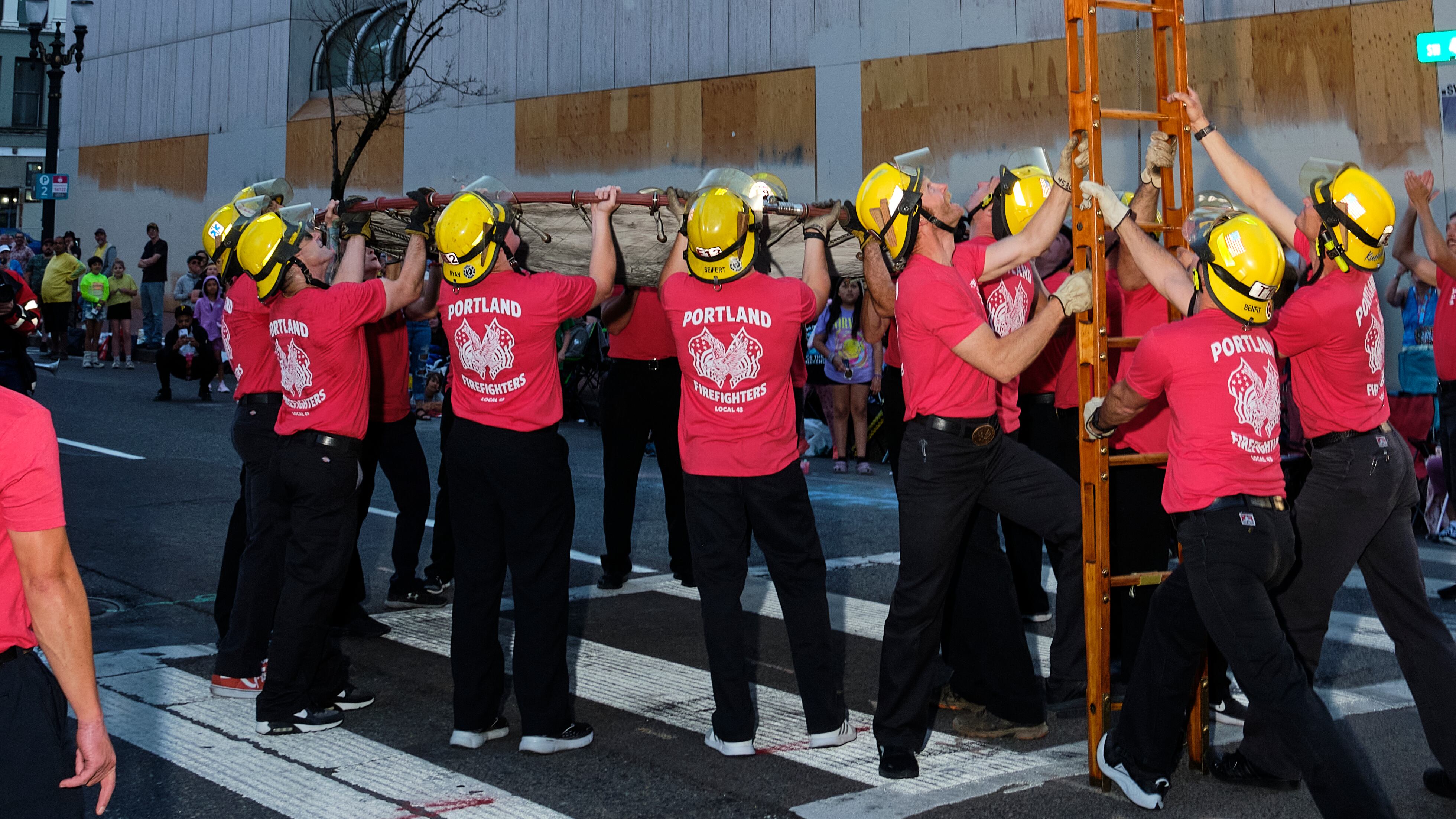Around one-third of emergency calls in Portland could be diverted away from traditional first responders like police and paramedics, according to a city-commissioned report that will be presented to the City Council tomorrow.
It cites a variety of statistics to back up that estimate, which it calls an “initial eligibility goal,” including estimates that the 311 line would divert 17% of calls away from emergency dispatch and that 20% of incidents appear to have been eligible for “alternate response”—such as the fledgling Portland Street Response mental health teams.
Making that happen, however, will require significant changes in how dispatchers categorize and respond to emergency calls for help, says the report’s author, consulting firm Mission Critical Partners.
There are a “plethora of services…some more siloed than others” that the city could centralize under its existing 911 and newer 311 phone numbers, the consultants note in their Public Safety Call Allocation Study, which was completed this month.
The report comes as rising call volumes strain the city’s emergency dispatch system and first responders. Last month, 42% of calls were answered in the first 20 seconds, a decline from around 70% only five years earlier. The report cites “current congestion of the 911 system” and “delays in call answer times” as challenges facing city policymakers.
Portland has a variety of programs designed to relieve traditional first responders from being dispatched to certain types of calls, most notably Portland Street Response, a program within Portland Fire & Rescue that sends teams of unarmed mental health workers to help people in crisis. But there’s long-simmering tensions between PSR and traditional firefighters. And the program is still little used. It responds to only 3% of all 911 calls.
The tentative plan outlined a slide deck posted on the city’s website is to create a “centrally coordinated Community Services Response Network” housed in the Community Safety Division, and to “move city alternative response units (PSR, CHAT, Community Connect, PS3s) to the CSRN,” where they would be accessible through 311.
A plain reading of that slide deck suggests that the proposal would shift control of Portland Street Response away from the fire bureau, where the program is unloved.
The report will be presented at a City Council work session tomorrow. There, the CSD, which commissioned the report, will outline those plans, which include a “robust multimedia public education campaign.” CSD says it will ask for funding to run such a campaign this fall.

